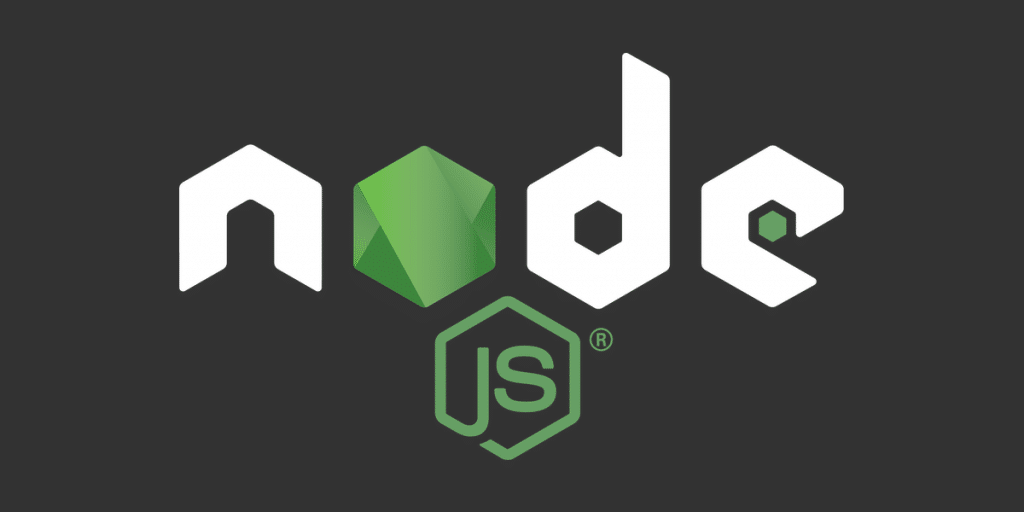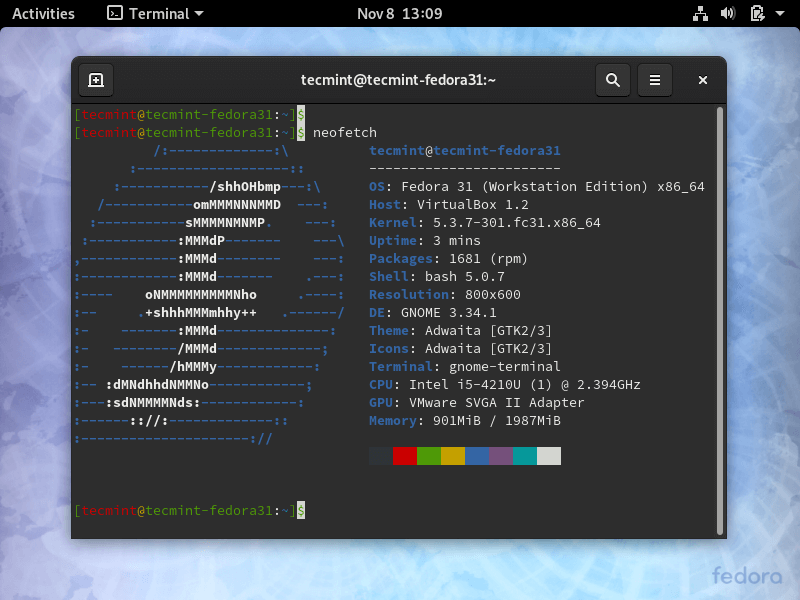

- Linux install nodejs how to#
- Linux install nodejs manual#
- Linux install nodejs code#
- Linux install nodejs download#
use-xz/-no-use-xz Override automatic detection of xz support and enable/disable use of xz compressed node downloads. insecure Turn off certificate checking for https requests (may be needed from behind a proxy server) all ls-remote displays all matches instead of last 20 q, -quiet Disable curl output (if available)

p, -preserve Preserve npm and npx during install of Node.js
Linux install nodejs download#
N ls-remote Output matching versions available for download N -lts Output the latest LTS Node.js version available N -latest Output the latest Node.js version available


N prune Remove all downloaded versions except the installed version N rm Remove the given downloaded version(s) N exec Execute command with modified PATH, so downloaded node and npm first N install Install Node.js (downloading if necessary) N Install Node.js (downloading if necessary) N lts Install the latest LTS Node.js release (downloading if necessary) N latest Install the latest Node.js release (downloading if necessary) N Display downloaded Node.js versions and install selection
Linux install nodejs manual#
Go though the help manual to get a glimpse of each command usage. To view the help section of n, simply run: $ n -help
Linux install nodejs how to#
If you're new to n, it is probably a good idea to bring up the help section and learn how to use n. Installing and managing nodejs versions with n is pretty easy! Let us see a few examples.
Linux install nodejs code#
It is just shell script and its code is freely available in GitHub. The n is an interactive node version manager to manage a single or multiple NodeJS versions easily! No subshells, no profile setup, no convoluted API, no learning curve, it is a just simple tool. n is one one of the third-party node version management tool. Nodejs comes with a built-in package manager called npm to install and manage node versions and there are also many third party tools exists to manage node versions. Nodejs is a runtime environment for JavaScript built on top of Google's V8 engine. Display the path of the downloaded Nodejs version List available Nodejs versions from the remote repository Download Nodejs versions, but don't install Create home directory for node installation


 0 kommentar(er)
0 kommentar(er)
